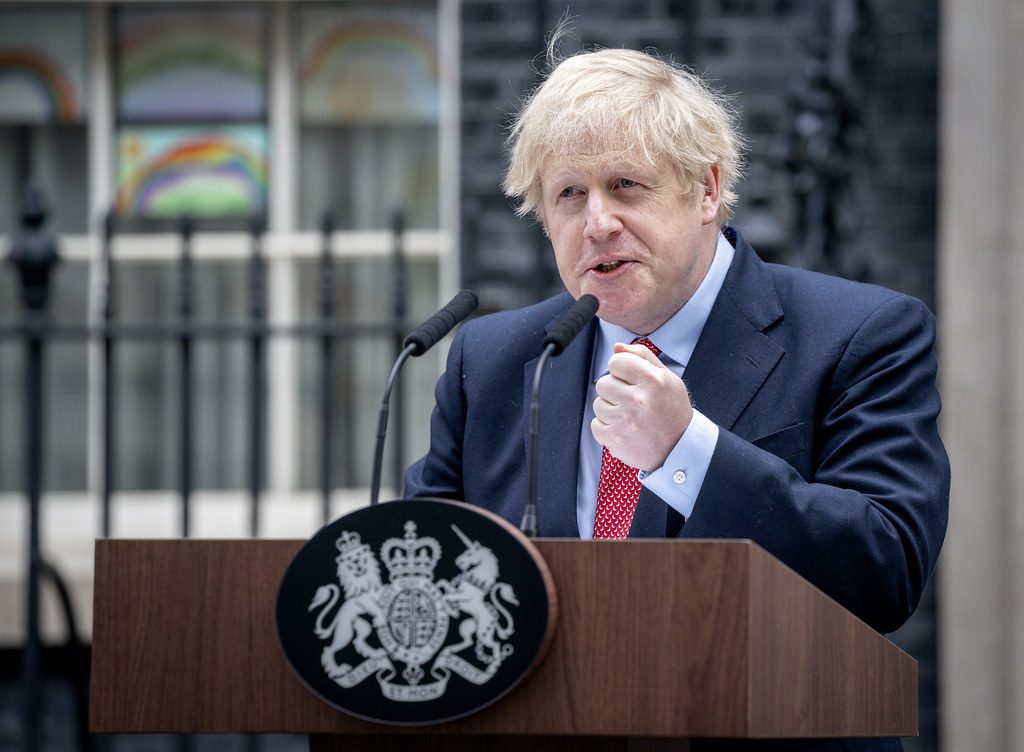Interactive Brief — Johnson at the UK Covid-19 Inquiry (Children & Schools)

Statements used are from the hearing and supplied notes. A public clip is linked via this post. Related internal context on wellbeing and health is linked where relevant.
Key moments
Closures were described as a “nightmare idea” and a last resort; key‑worker and vulnerable pupils continued in school.
The method “didn’t work” and was later called “a disaster,” with many predicted results initially downgraded.
Discounted dining ran while school reopening and risk budgeting were being discussed.
Some primary schools opened in the morning; closures were announced later the same day amid the Alpha wave. It was called a “low moment.”
Funding emphasis moved to one‑to‑one tutoring; broader proposals were described as fiscally constrained.
It was said that rules “probably went too far,” particularly for children, and that decisions were taken as a last resort.
Issue explorer
- The system was called “far too elaborate,” including the rule of six and other limits.
- Children were not broadly exempted; it was said future approaches should review non‑pharmaceutical interventions.
- Closures began on 23 March 2020 for most pupils; key‑worker and vulnerable pupils continued in school.
- Mass testing was pursued for January 2021; closures were then announced the same day amid Alpha concerns.
- With exams cancelled, an algorithm set grades in 2020.
- The outcome was later called a “disaster” that “let down a lot of kids.”
- Broader recovery proposals were scaled back; fiscal limits were cited.
- One‑to‑one tutoring received backing as a targeted support route.
Related context
Quick check
Wrap‑up
The section listed the dates of school closures and the January 2021 decision, quoted comments on rules, and noted the 2020 exam grading approach and recovery choices. A public clip and related internal links were provided.


















